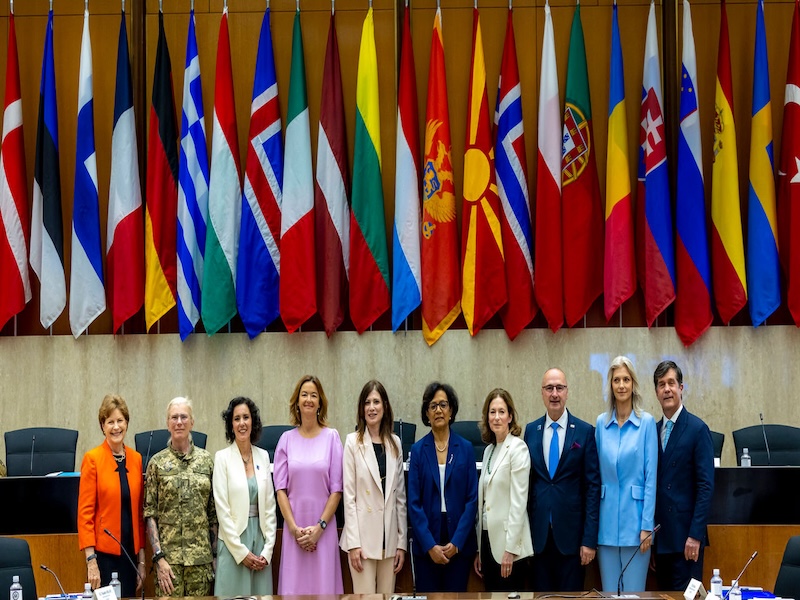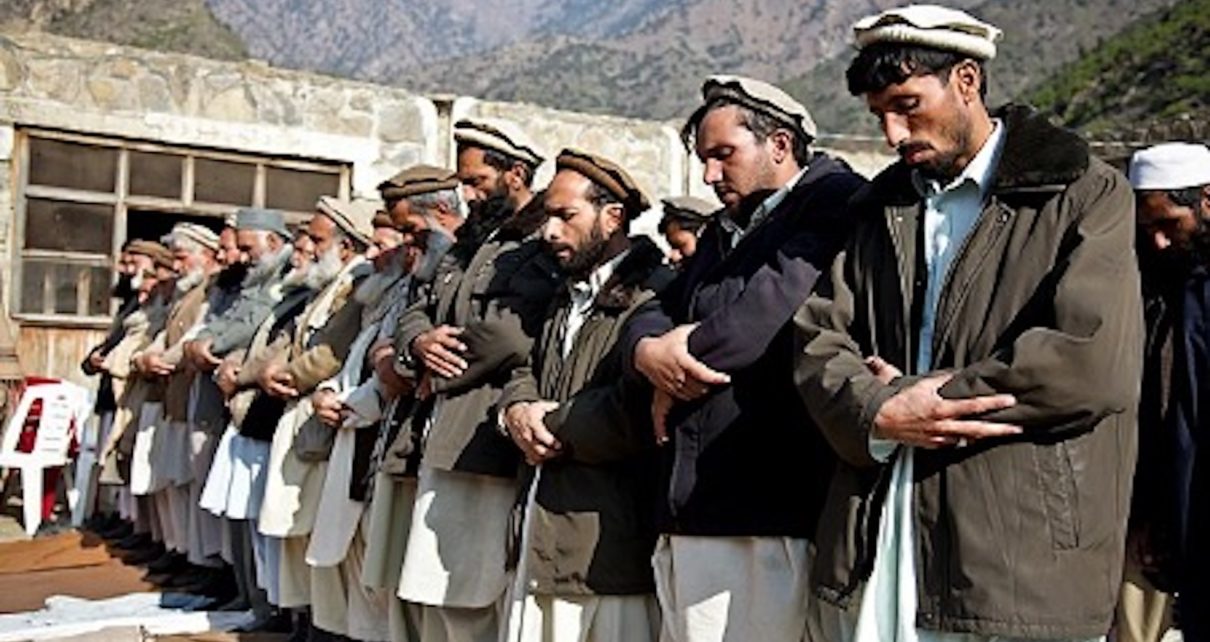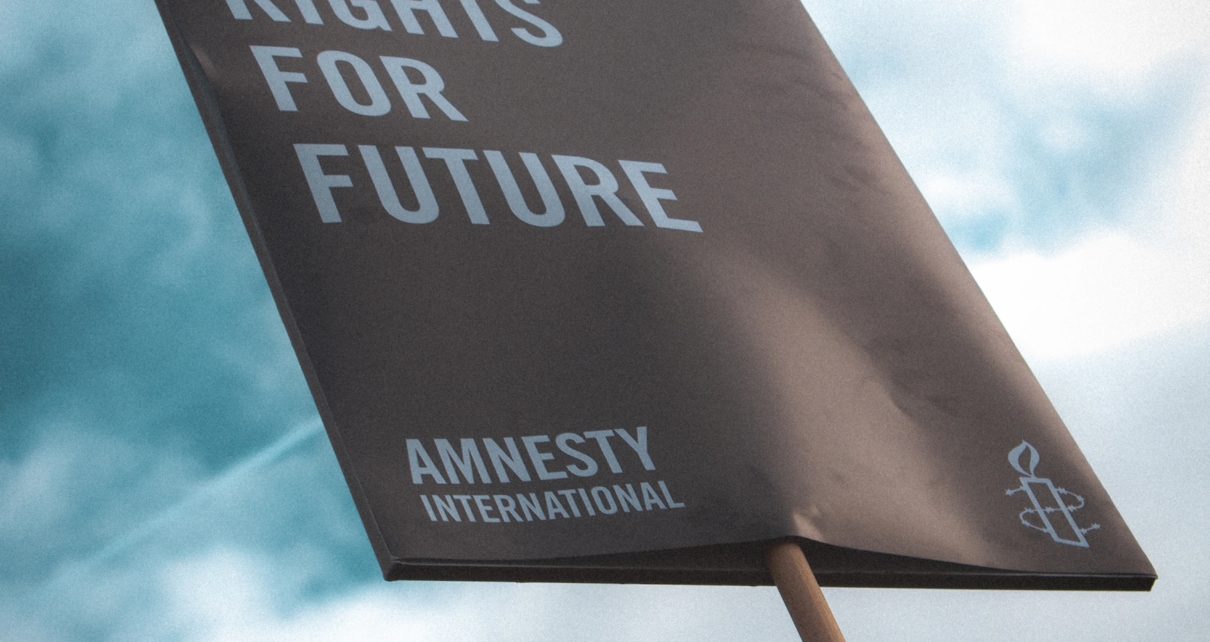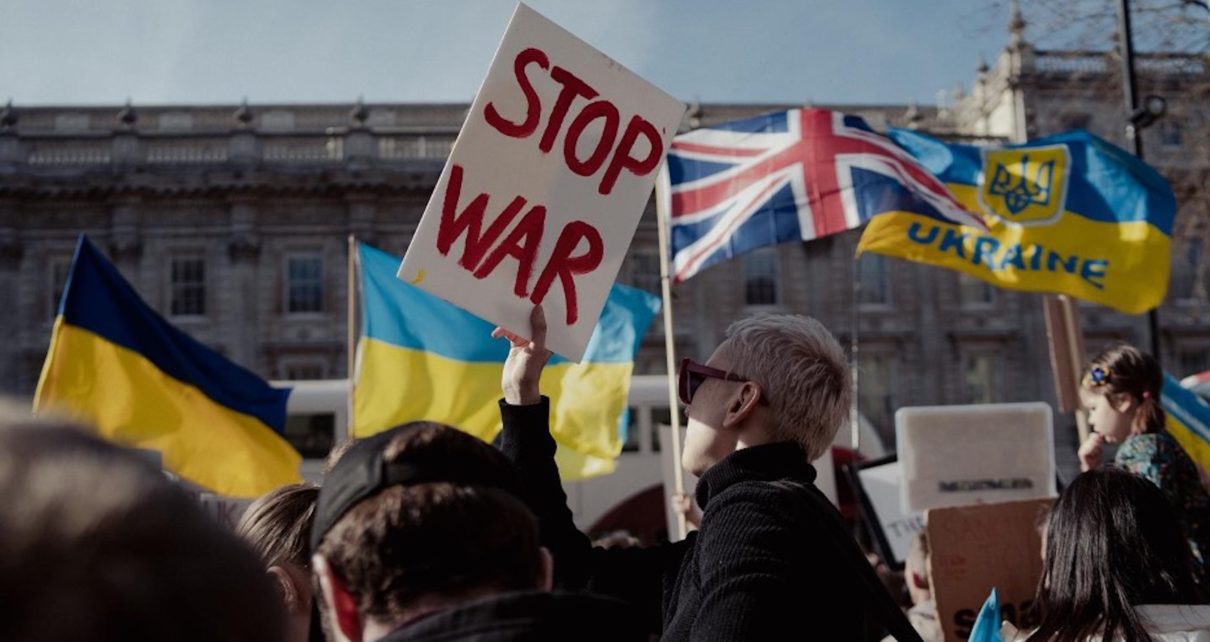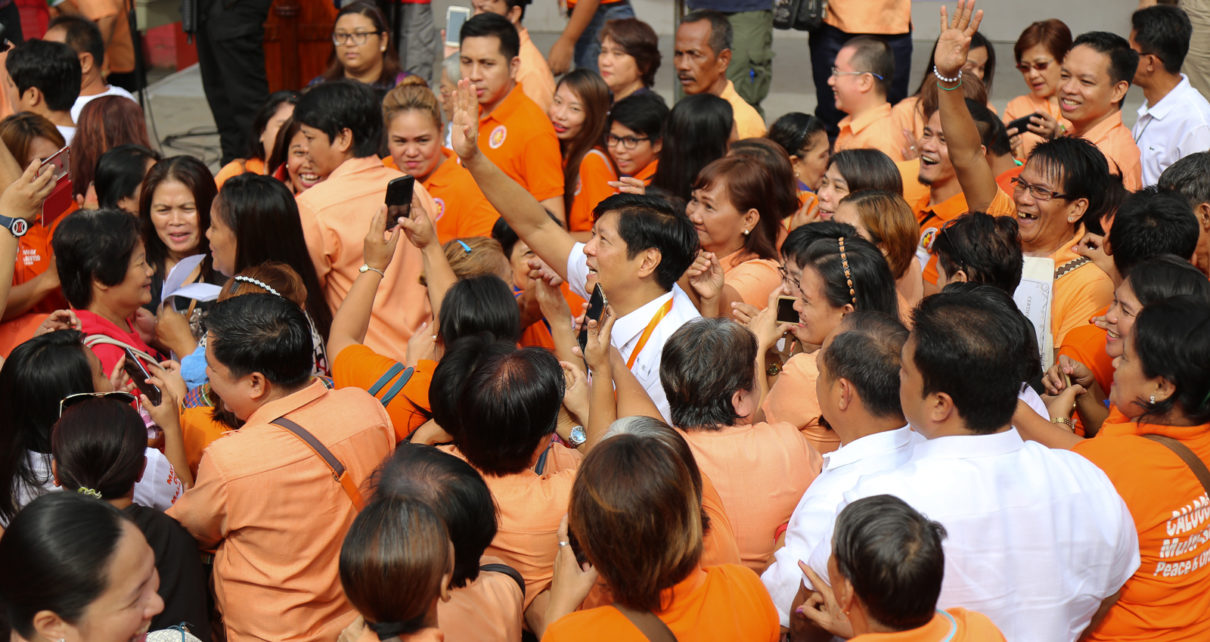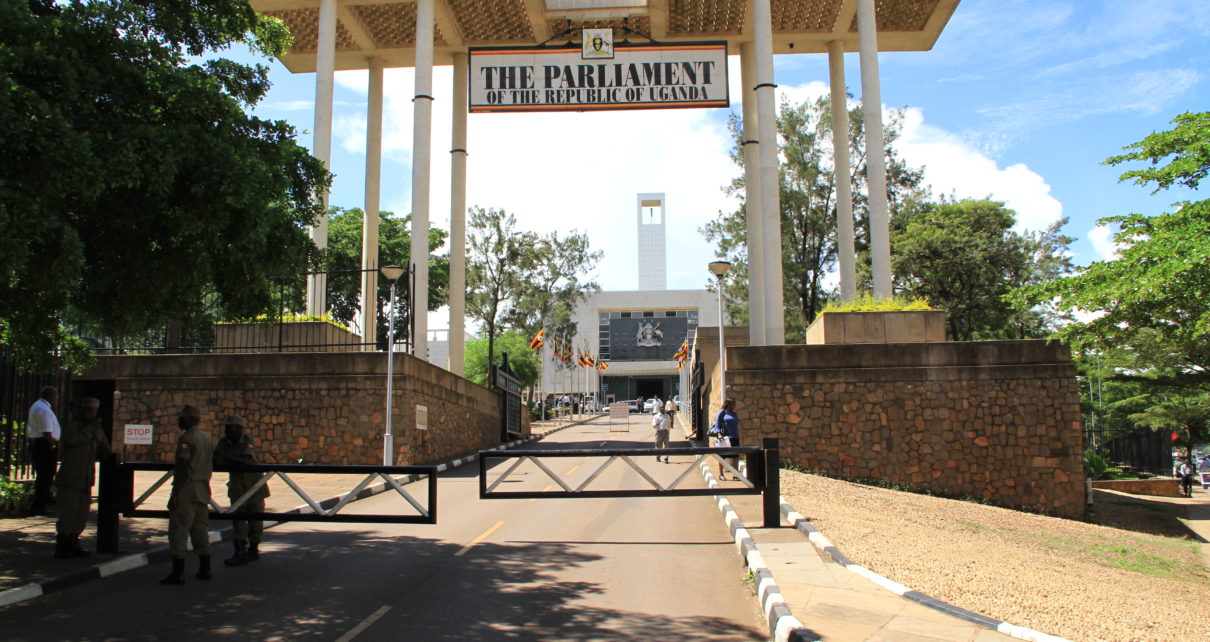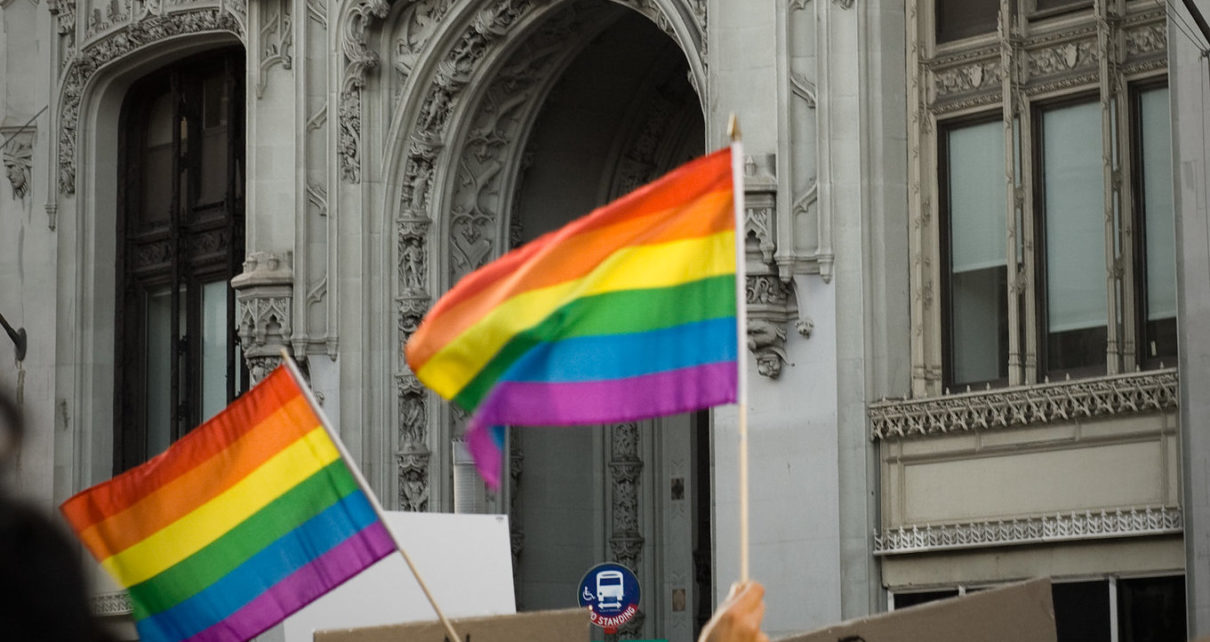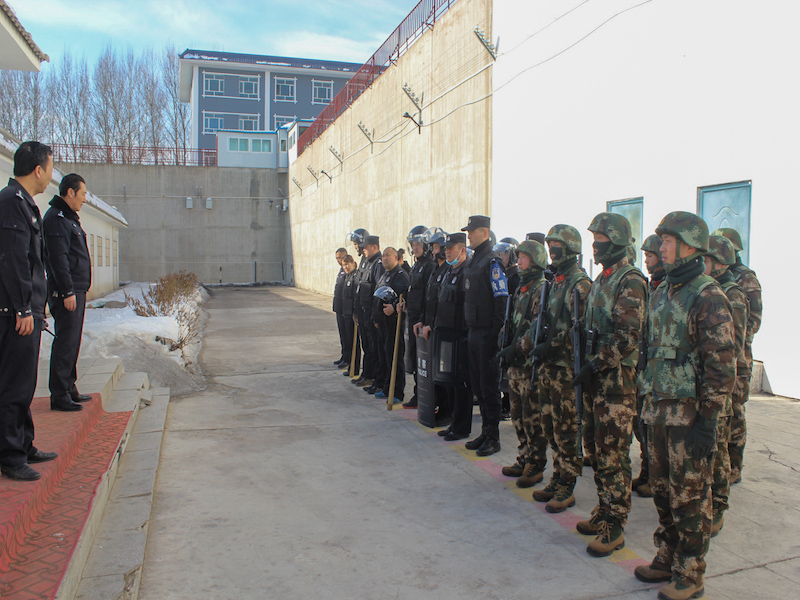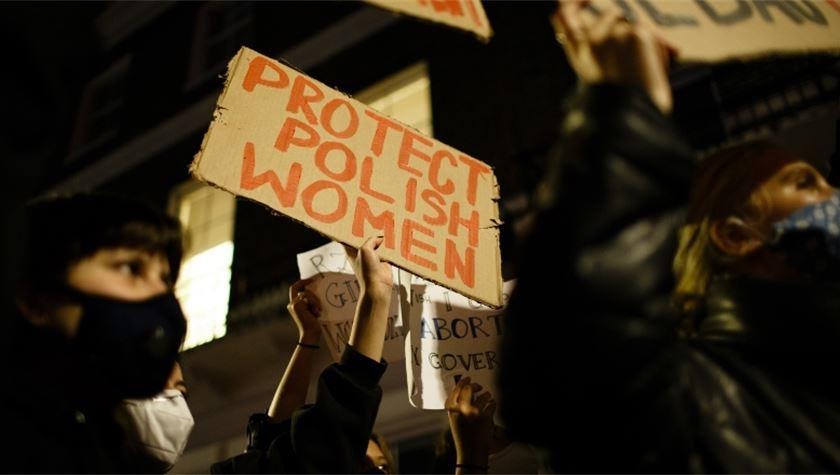This article explores how international human rights law, through the CEDAW treaty, can help strengthen NATO’s Women, Peace, and Security (WPS) agenda. It looks at how CEDAW’s legal obligations can support NATO’s goals by adding stronger accountability for member countries. Using Canada as an example, the piece shows how combining legal commitment with political action can make real progress toward equality and women’s roles in peace and security.
Tag: Human Rights
The Afghan Diaspora’s Double Dilemma: Mass Migration, Forced Repatriation
Afghan Mass Migration In recent years, Afghanistan has been a focal point of global attention due to the magnitude of its humanitarian crisis after the NATO withdrawal and Taliban takeover in 2021. Decades of persistent insurgency have resulted in widespread insecurity, creating a chaotic environment for individuals and families. The violence from such armed conflict has led Read More…
Canada’s Conundrum: Peace and Profits
Abstract: NATO’s recent discussion of arms control brings to light Canada’s role in the issue. Last year, NATO and the UN took part in the Eighth Biennial Meeting of State Parties to discuss how to combat the illicit sale of arms. During the meeting, the Deputy Director of Arms Control Directorate at the Political Affairs and Security Read More…
Lessons Learned: Past NATO Missions and the Strategy in Ukraine
As the Russian invasion of Ukraine drags on into its second year now, debate still rages about how the conflict will end and the role that NATO can play in bringing about the conflict’s successful conclusion. At the moment, NATO troops are not in Ukraine directly contributing to the fighting; NATO member countries are supplying weapons Read More…
Food Security in Canada’s Arctic
Inequality, legacies of colonialism, and a lack of modern infrastructure cause residents of Canada’s Arctic to experience higher rates of food insecurity than the rest of the country. Canada needs to create a comprehensive Arctic strategy that addresses food insecurity, the factors contributing to it, and the growing international tension in the Arctic.
Like Father, Like Son? Disinformation and the Marcos’ Legacy
How did Ferdinand Marcos Sr.’s son win power in the Philippines? In this article, Jack Burnham discusses the country’s recent presidential election, Ferdinand Marcos Jr.’s victory, and the role of disinformation in Filipino politics.
Fighting Familiar Wars on Foreign Shores: Disinformation, the American Right, and Uganda
How can disinformation be used to stifle human rights? In this article, Jack Burnham discusses the connection between Uganda’s anti-homosexuality laws and the intervention of members of the American evangelical community.
NATO Needs to Act When Member States Curb LGBTQ+ Rights
Hungary frequently discriminates against minority groups, including members of the LGBTQ+ community, violating standards of human rights. In this article, Jordan McEwen and Diana Fodor discuss why NATO should intervene to address Hungary’s rollbacks of LGBTQ+ rights.
The Xinjiang Police Files and their implications for NATO’s China policy
The most drastic leak to date of files out of Xinjiang is causing leaders in NATO to review their stance on China. What are the implications of this link on NATO and members’ strategic independence?
An Attack on Autonomy
In this article, Brynn Hopper explores Poland’s backsliding on women’s rights issues and the implications of a near total ban on abortion.

